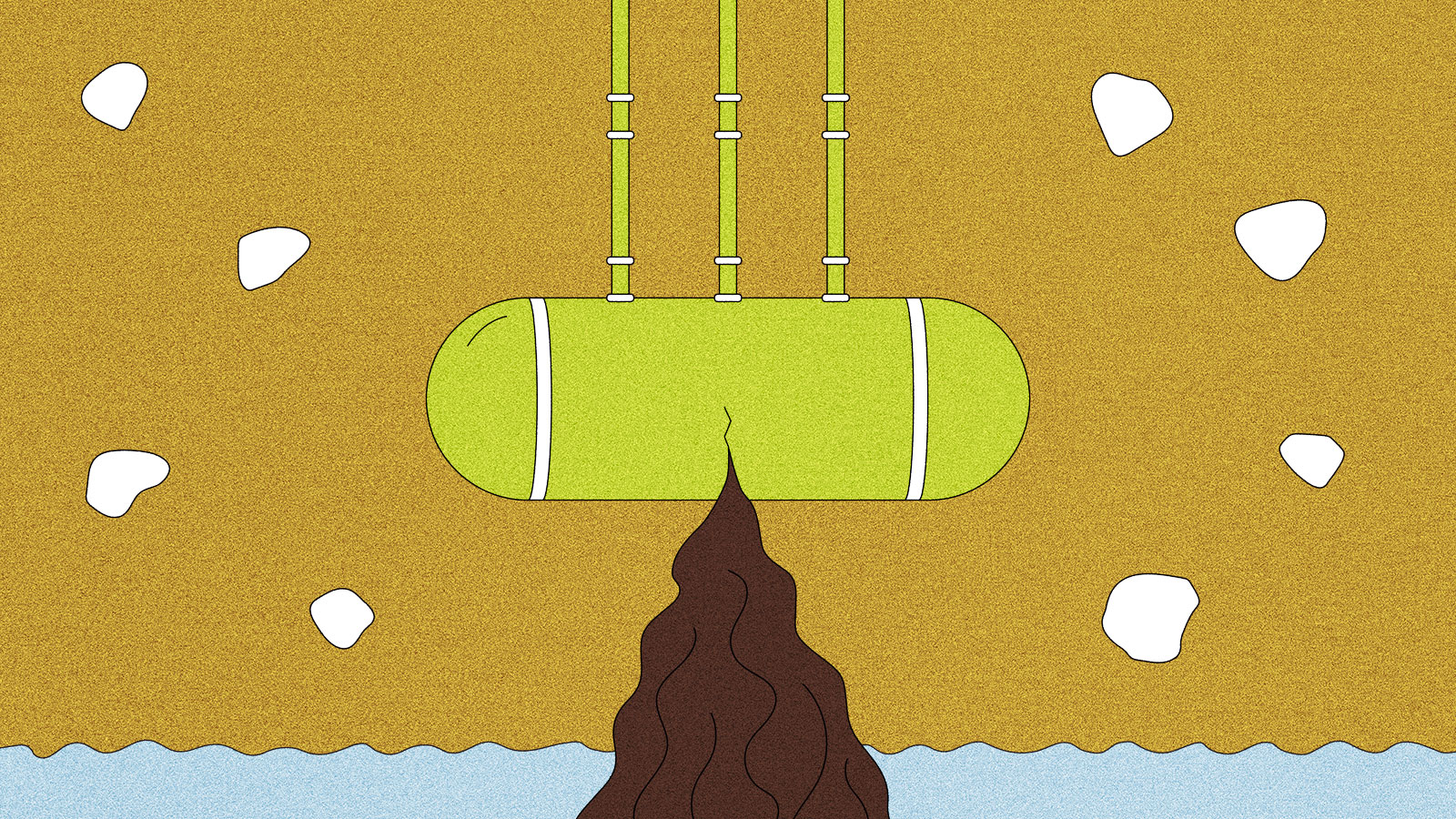The Environmental Risks of Gas Stations Revealed
核心概念
Gas stations pose a significant environmental hazard due to leaking underground storage tanks, leading to widespread pollution and contamination of soil and water sources.
摘要
Gas stations across the country are causing environmental disasters due to leaking underground storage tanks. The contamination from these leaks has been stagnant for decades, with cleanup efforts costing millions of dollars. Despite federal regulations and cleanup programs, the legacy of old gas stations continues to impact the environment. The shift towards electric vehicles raises concerns about the future of gas stations and their potential transformation into EV charging stations. Developers are hesitant to deal with contaminated properties, highlighting the challenges in cleaning up these sites effectively.
The Hidden Cost of Gasoline
統計資料
One sample taken late last year showed levels of gasoline-related compounds 72 times higher than Washington state’s allowable limit.
Roughly 60,000 contaminated sites are still waiting to be cleaned up according to the EPA.
The Government Accountability Office estimated in 2007 that the total bill for cleanups would top $22 billion.
引述
"This is a hazardous materials facility," Matthew Metz told Grist.
"The whole financial underpinnings of gas stations are starting to crumble," Metz said.
"It’s all over the country. There are all these abandoned gas stations, and it’s just going to get worse," Metz expressed.
從以下內容提煉的關鍵洞見
by Kate Yoder 於 grist.org 06-14-2023
https://grist.org/accountability/gas-stations-underground-storage-tank-leaks-environmental-disaster/
深入探究
What innovative solutions can be implemented to prevent future leaks from underground storage tanks?
To prevent future leaks from underground storage tanks, several innovative solutions can be implemented. One approach is the use of double-walled, fiberglass storage tanks that are more resistant to corrosion and less likely to leak compared to older steel tanks. Implementing advanced leak detection systems that can quickly identify any issues with the tanks or piping is crucial in preventing extensive contamination. Regular maintenance and inspections of the tanks, along with proper training for gas station owners on best practices for tank management, can also help in early identification of potential problems before they escalate into major leaks.
How can states ensure that gas station owners comply with federal regulations regarding tank maintenance?
States can ensure that gas station owners comply with federal regulations regarding tank maintenance through strict enforcement measures. This includes conducting regular inspections of gas stations to check for compliance with safety standards and regulations. States should impose penalties on non-compliant gas station owners, such as fines or shutdown orders if necessary. Providing incentives for compliance, such as reimbursement programs for removing old tanks or meeting specific requirements, can also encourage gas station owners to adhere to federal regulations.
How might the transition to electric vehicles impact existing gas station infrastructure beyond contamination issues?
The transition to electric vehicles (EVs) will have a significant impact on existing gas station infrastructure beyond contamination issues. As more people switch to EVs and reduce their reliance on gasoline-powered vehicles, the demand for traditional gas stations will decrease. This shift could lead to a surplus of vacant or abandoned gas stations across the country as profitability declines due to lower fuel sales.
Gas stations may need to adapt by installing EV charging stations in place of traditional pumps or diversifying their services by offering other amenities like convenience stores or food options at charging locations. Real estate developers may face challenges when dealing with contaminated former gas station sites during redevelopment projects due to excavation risks and cleanup costs associated with pollution remediation efforts.
Overall, the transition towards EVs will reshape the landscape of transportation infrastructure and require stakeholders in the industry - including government agencies, businesses, and consumers -to adapt accordingly while addressing both environmental concerns related to contamination from underground storage tanks and operational changes resulting from decreased gasoline demand.
0
